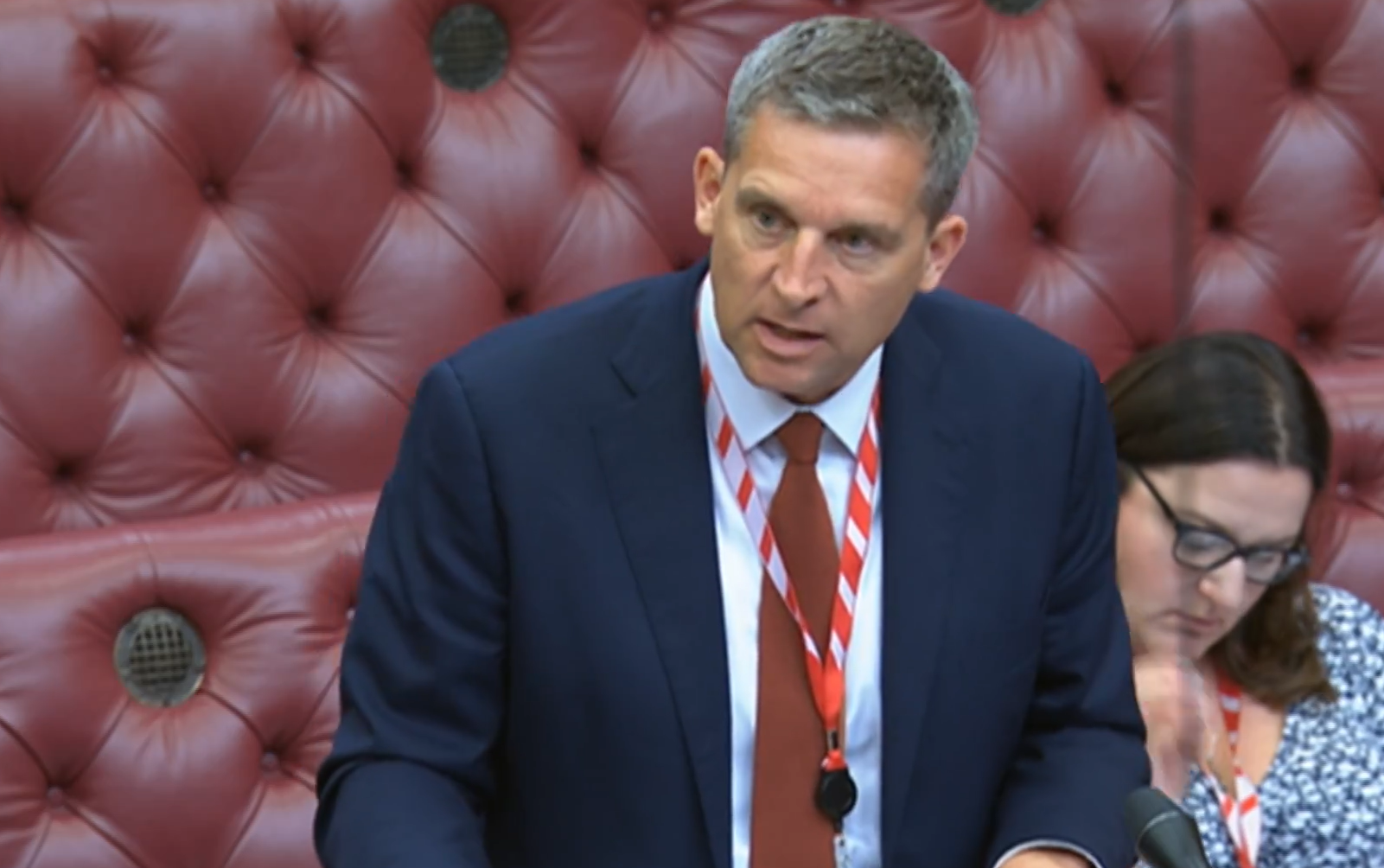
The government has been urged to reconsider resentencing thousands of prisoners trapped under abolished indefinite jail terms.
The justice select committee said ministers have misunderstood their advice after the government refused to establish an expert committee on resentencing those languishing under Imprisonment for Public Protection (IPP) jail terms.
This will leave more than 2,600 languishing under “torture sentences” with no release date, including James Lawrence, who is still in prison 18 years after he was handed an eight-month jail term; Thomas White, who set himself alight in his cell after serving 12 years for stealing a phone; and Abdullahi Suleman, who is still inside 19 years after he was jailed for a laptop robbery.
The cross-party committee of MPs warned the government has not “adequately explored” the issue in a letter to prisons minister Lord Timpson.

The intervention comes after the justice committee first urged the then-Tory government to resentence IPP prisoners in 2022, arguing it is the “only way to address the unique injustice” of the jail terms, which were abolished in 2012. Their recommendation was refused by the then justice secretary Dominic Raab.
The Labour government this month revealed they will also not consider resentencing the prisoners, despite repeated calls from the UN and at least and at least 90 suicides in prison.
Their plight has been compared to high-profile scandals involving the Post Office Horizon software, Windrush, and infected blood products by peer Lord Woodley, who has tabled a private members bill for resentencing.
However Lord Timpson said the government will not support the move because it would result in IPP prisoners being released automatically without licenced supervision.
This was dismissed as “scaremongering” by campaigners, who insist the government could legislate for whatever safeguards, supervision or staggered approach to resentencing they deem necessary.
In the new letter signed by chair of the justice committee Andy Slaughter, he also challenged whether the government “may have misunderstood” their recommendation.
He said their advice to establish an expert panel was “carefully calibrated” and would not result in the automatic release of all IPP prisoners.
“To summarise, the Justice Committee’s recommendation deliberately refrained from prescribing the precise terms of any resentencing exercise or the legislation that would enable it to take place,” he said.
“Instead, the Committee suggested that an expert committee be appointed to devise a scheme for resentencing that respects certain core principles, including the protection of the public.”

If accepted, the committee’s recommendation would require several stages and resentencing would only occur once the expert panel has drafted a scheme that the Government is willing to support.
The letter added: “In our view, the potential for a resentencing exercise that avoids the problems identified in the letter is yet to be adequately explored.
“We would therefore encourage the Government to consider again the establishment of an expert committee to explore the options for resentencing those serving IPP sentences, as recommended by our predecessor committee.”
The indefinite jail terms, which saw offenders handed a minimum term but no maximum, were introduced by New Labour in 2005 in a bid to be tough on crime. They were abolished in light of human rights concerns in 2012, but not retrospectively, leaving thousands languishing in prison until they can prove to the Parole Board that they are safe for release.
The system has left thousands of IPP prisoners – including many who were jailed for minor crimes – trapped as their mental health deteriorates, under a sentencing protocol that was branded “psychological torture” by the UN.
A Ministry of Justice spokesperson said: “It is right that IPP sentences were abolished. We recently terminated the lifetime licences of more than 1,700 rehabilitated offenders, and are improving the rehabilitation and mental health support for those still in prison.
“Every two years, the Parole Board considers the case of each IPP prisoner, judging whether they are safe for release. We consider this an important safeguard for the public’s protection.”







